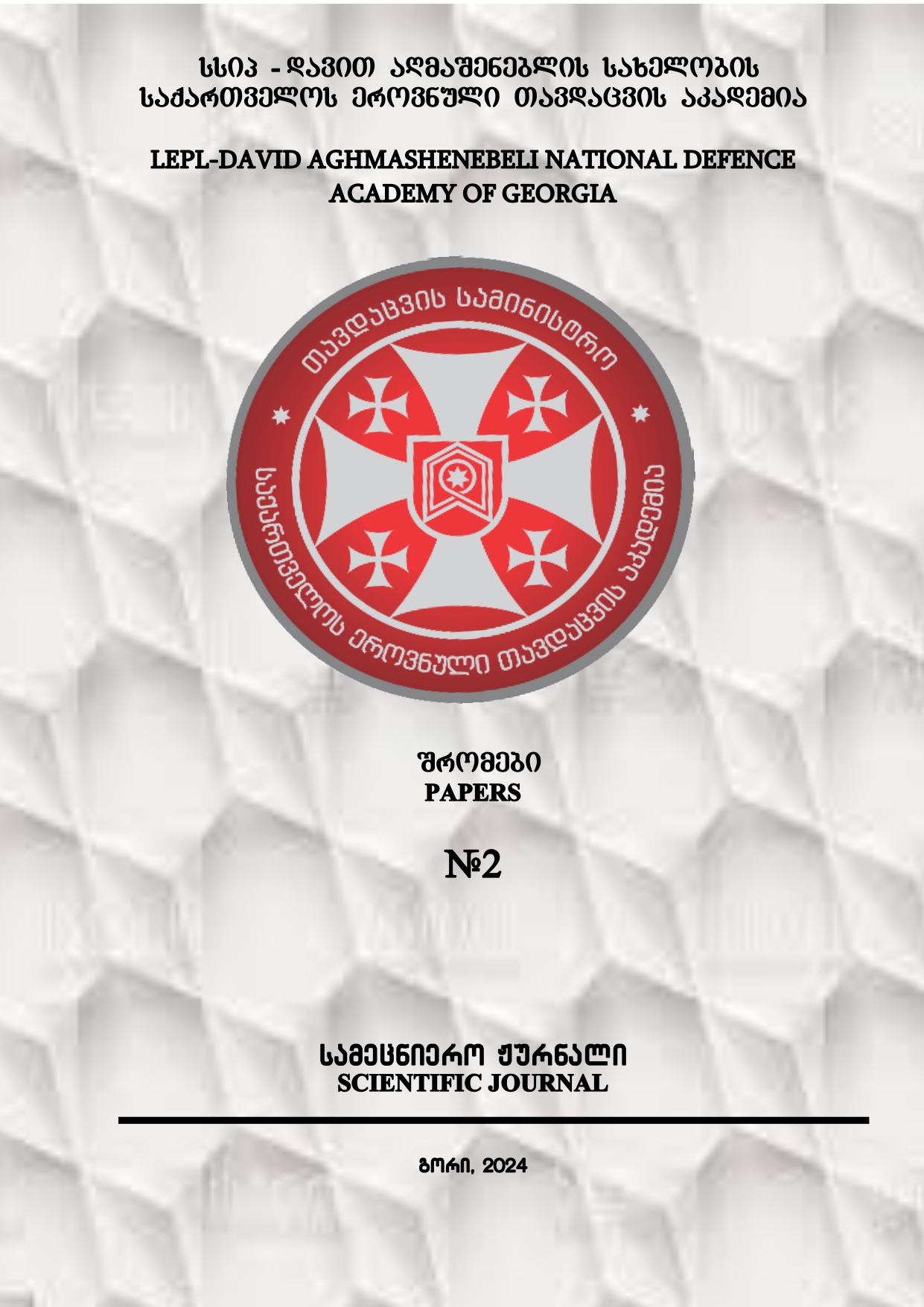The negative influence of fragile and non-established states on the world order
Main Article Content
Abstract
There is discussed the fragile and non-established states in this work, which are characterized by identical systemic vulnerabilities, weak governance, and unstable social-economic backgrounds. In general, the term "fragile states" refers to countries that face challenges such as weak governmental institutions, politically unstable environments, and high levels of poverty. Such states cannot ensure such important factors as human rights and the rule of law on the one hand, and complete control of the country's territory on the other hand. That ultimately leads to the promotion of extremism and transnational crime, the disruption of vital functions for the country and causes the creation of alternative power structures. Understanding the root causes of state fragility plays an important role in developing effective and efficient action plans, as it ensures that fragile states are prevented from fragility and maintain sustainability. The factors that contribute to the process of state collapse are very complex and they come from political, economic and social conditions. Accordingly, international efforts should be united and directed towards promoting the development of fragile states. In the conditions of globalization, international security is directly related to the stability of each state. Therefore, the negative impact of non-developed countries is reflected on other states as well, which once again emphasizes the need for joint strategies to promote sustainable development.
